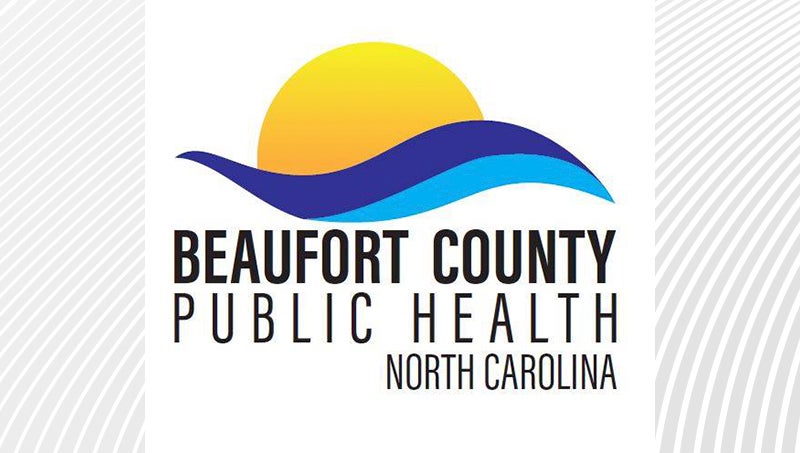Occupancy tax money increase 32 percent
Published 12:55 am Wednesday, January 31, 2018
Revenue from Washington’s 6-percent occupancy tax increased 32 percent from fiscal year 2013 through fiscal year 2017, according to city financial data on file with the N.C. Department of State Treasurer.
The city took in $209,348 in occupancy-tax revenue in FY 2013. In the next four fiscal years, the revenues came in at $222,208 in FY 2014, $247,187 in FY 2015, $259,553 in FY 2016 and $277,992 in FY 2017. For every $100 spent on lodging such as hotel and motel rooms, the city collects $6 in taxes.
Most of the occupancy-tax revenue goes to the Washington Tourism Development Authority, but the city retains 3 percent of the occupancy-tax revenue for providing administrative support to WTDA, which receives the balance of revenue. That 3-percent comes to $8,340 for FY 2017.
Lynn Davis, Washington’s tourism-development director, discussed the increase in an email.
“We, the WTDA, have responded to changes and trends in destination marketing in the last few years. Those changes in our marketing approach, I believe, have had an impact on the occupancy tax collections,” she wrote.
She added: “Our website was converted to responsive site. It adapts to the device being used. More and more, travel research is being done on smart phones. Having a responsive website and easily accessible information is a necessity.
“Travelers are changing, too. People are looking for experiences and authenticity. We switched up our marketing messages to reflect that. We are promoting Washington as an everyday place to explore, not just a place to visit when there is a special event. This change can clearly be seen as having an impact when we review our hotel occupancy reports. Our weekends without big events are performing just as well as those with large events. And, all are typically up.”
Davis continued: “Factor in some changes to occupancy tax legislation (all Washington bed and breakfasts pay the tax now AND AirBNB also pays) and several new properties coming online, you have the resulting increase in collections.
“It is important to the WTDA that we are reinvesting those earnings into our marketing efforts. For the last several years our marketing budget has continued to grow. We expect that to continue.”
Beaufort County has no occupancy tax. Some people may pay two occupancy taxes — one collected by a county and the other collected by a municipality — while staying at a hotel or other lodging establishments. There are 96 cities, towns and villages in North Carolina that are enabled to receive revenue from occupancy taxes.
Of that number, 16 do not currently do so, according to a report by the Magellan Strategy Group. Eighty-one counties of the state’s 100 counties impose a countywide occupancy tax. Nine of the state’s 100 counties (nor the municipalities in those nine counties) do not charge an occupancy tax. Two counties have the power to impose such a tax but are not doing so.
A significant amount of occupancy-tax revenues are used to fund programs and projects intended to bring more people for overnight stays to areas served by agencies like the WTDA. The WTDA allocates two-thirds of its annual revenue to promote travel and tourism and the remaining third on tourism-related expenditures.
None of the revenue generated by occupancy taxes goes to the state’s coffers.







